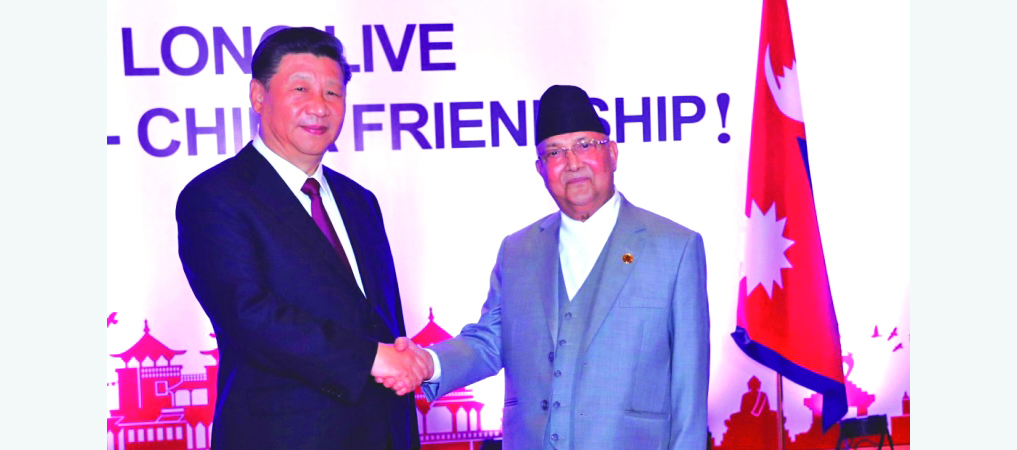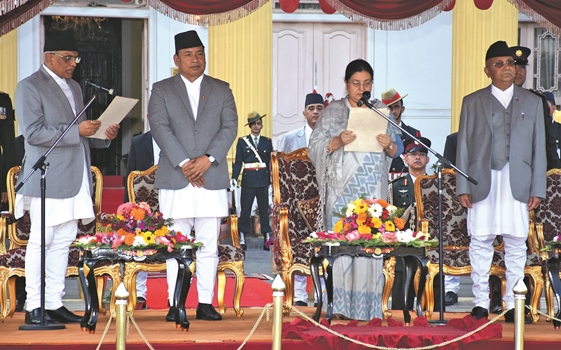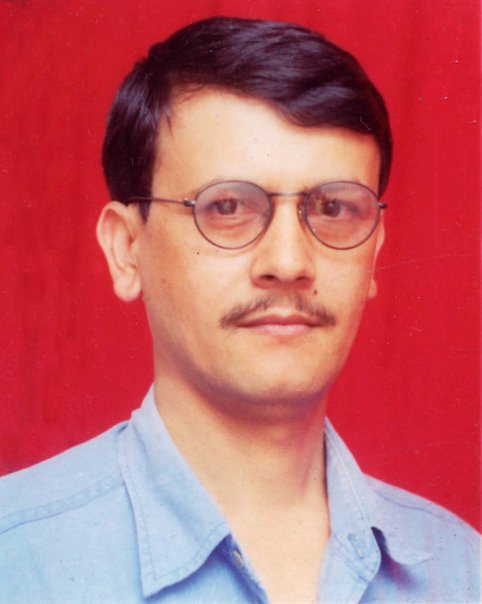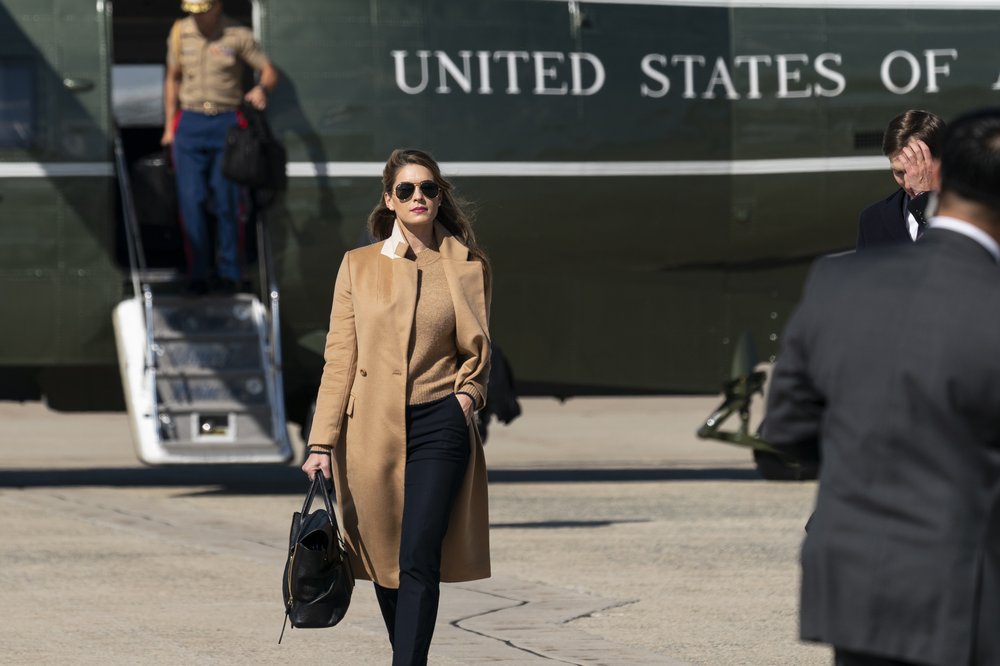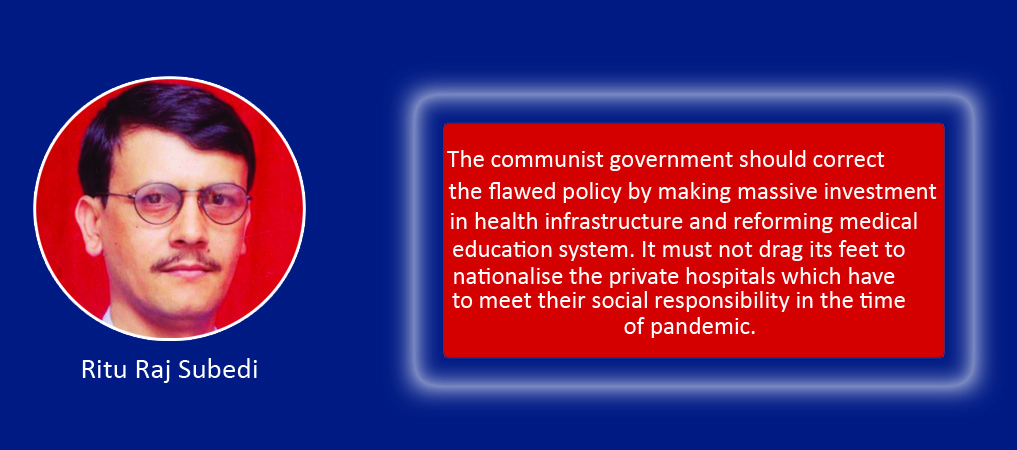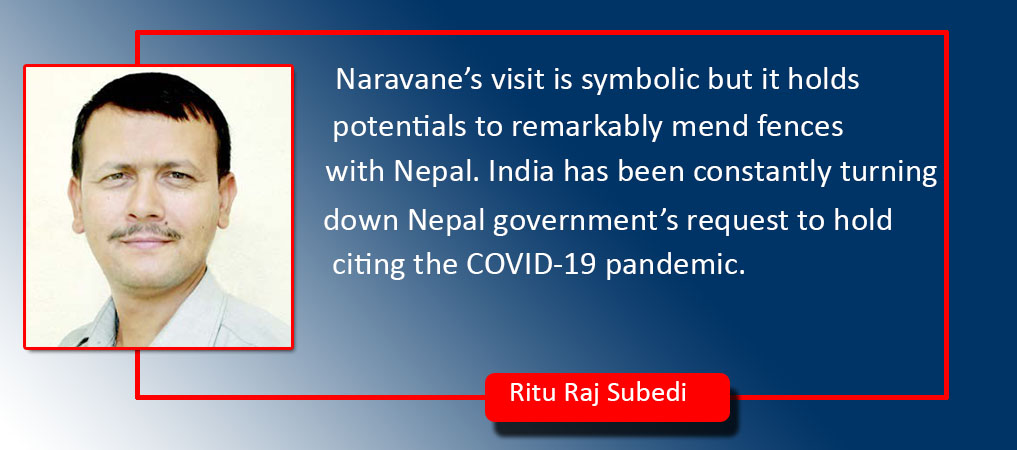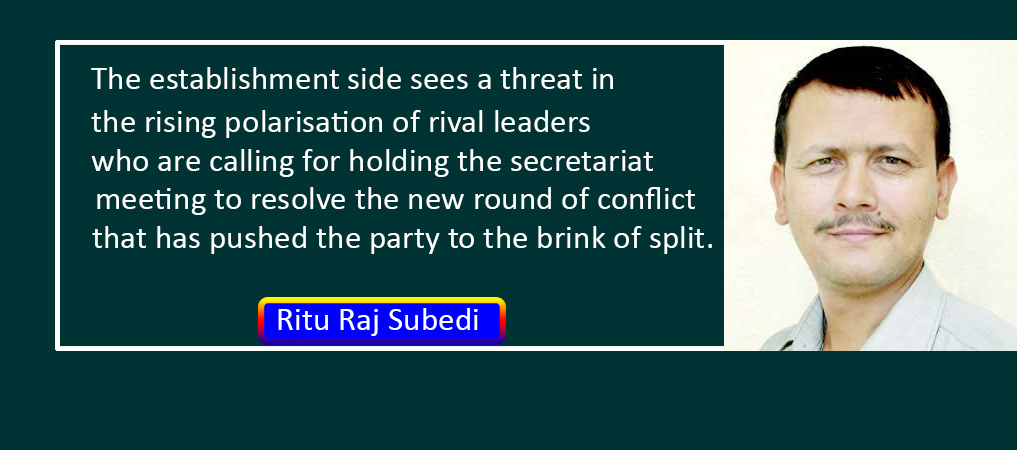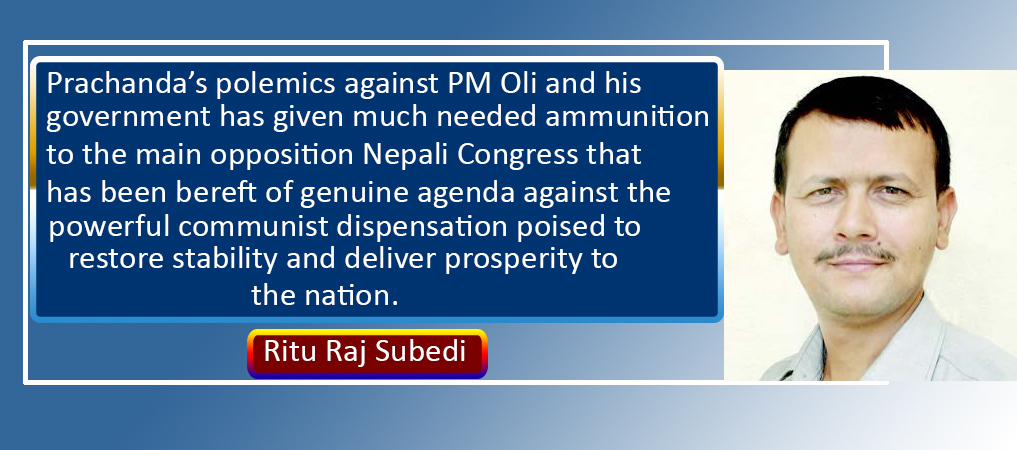NC’s Ambivalence Under Scrutiny
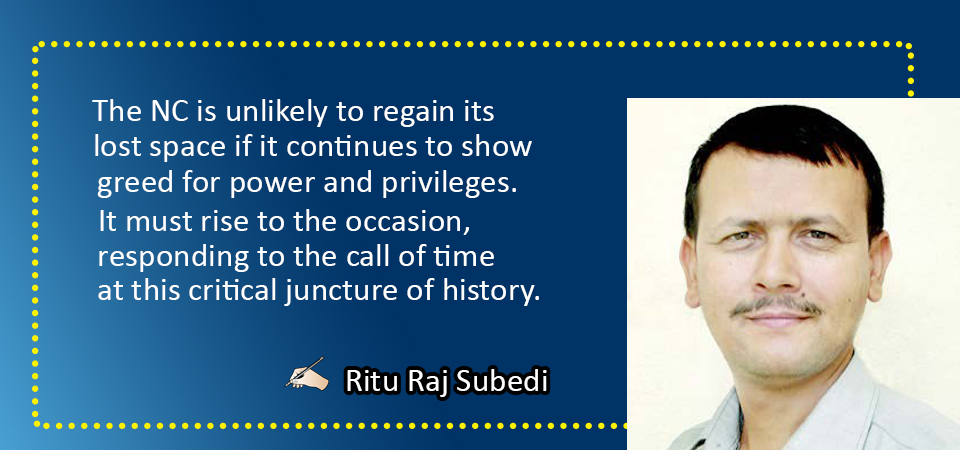
Ritu Raj Subedi
Nepali Congress (NC) is the biggest beneficiary of the collapse of communist-led government but it has become ambivalent about the current political crisis. The ‘oldest democratic party’ is now divided on how to deal with the dissolution of House of Representatives (HoR). In principle, it has objected to the disbanding of the parliament, and launched a series of protests against it. At the same time, it has refrained from making the demand of the House restoration, a view that has put it on an odd situation. The ‘paradoxical’ stance has not only been challenged within the party but it has also angered some prominent civil society members, who have accused the party president Sher Bahadur Deuba of pussyfooting around on the issue.
Contradiction
The contradiction has further widened the distance between party president Deuba and senior leader Ram Chandra Paudel. Paudel is for intensifying the street agitation, demanding the restoration of the parliament. But Deuba wants to draw a boundary line of protest insisting that the party must not make such a demand as the case is sub-judice before the court. The NC has dubbed the HoR dissolution as unconstitutional, undemocratic and apolitical but the establishment side stands against the demand of House restoration.
Paudel, one of the fierce critics of Deuba’s posture, has argued that if they determinedly protest the ‘ploy’ that pushes the nation into the vortex of instability, their voice will resonate in the court room. In the initial days, Deuba was not interested in carrying out the street protest but he was compelled to announce the agitation programmes after facing mounting pressure from his rivals. He is now oscillating between the election and House restoration. In either case, he is ready to hit the jackpot. He has upped the ante and tried to distance himself from both factions of NCP though he has been accused of hobnobbing with Prime Minister KP Sharma Oli for a long time.
In case the court reinstates the dissolved parliament, Deuba will rush to reap the political windfall. He will be a kingmaker and both the factions of NCP will approach him for support or lead the new government. If the court dismisses the writs seeking the restoration of the House, the country will go to the polls, with the NC likely to emerge as a favourite force in the wake of NCP’s division. Although Paudel seemingly intends to forge alliance with Prachanda-Nepal faction to escalate the street agitation against PM Oli’s move of HoR dissolution, majority of NC stalwarts have spurned the idea of joining hands with the ‘communists’ for fear of losing the party’s independent image.
This is a reason why Deuba the other day turned down the proposal of Prachanda-Nepal faction for the joint protest against House dissolution. This has made Prachanda-Nepal group suspicious of Deuba’s motive. PM Oli might have rejoiced Deuba’s rejection to build a common front against him. However, this is a big farcical tragedy for the NCP in which both of its factions are competing with each other to hand over ‘power’ to its class enemy, NC, on a silver platter. The electorate had given the NC a bloody nose during the three-tier elections in 2017 for its poor nationalistic credentials and successive failures to deliver on its promises in the past. Now the political stars are aligning in its favour, thanks to the NCP split and HoR dissolution.
The NC has allegedly lost its fundamental attributes attached to a vibrant opposition supposed to play the role of a constructive watchdog in the parliament against the arbitrary activities of the government. It is true the NC suffered a humiliating drubbing in the elections but many observers slam it for being unable to live up to its duty as a responsible opposition. This discrepancy largely emanates from the systemic deficiency. With the 12-point agreement, Nepali political parties developed a bad practice – sharing the spoils of the state no matter which party is in government or which in opposition. This undemocratic modus operandi has made the NC a part of ruling establishment, divesting itself of moral wherewithal to point the finger at the government.
Give-and-take policy
Nepal is perhaps the only nation where the opposition parties bargain with the ruling dispensation for their quota in the key constitutional bodies. Such politics of bhag-banda (share and divide) among the parties deprives the state of democratic means of check and balance. The give-and-take policy devoid of ideology and public morality can hardly support the efforts to build and strengthen new institutions essential for the federal set-up. The NC is unlikely to regain its lost space if it continues to show greed for power and privileges. It must rise to the occasion, responding to the call of time at this critical juncture of history.
(Deputy Executive Editor of The Rising Nepal, Subedi writes regularly on politics, foreign affairs and other contemporary issues. subedirituraj@yahoo.com)
Recent News

Do not make expressions casting dout on election: EC
14 Apr, 2022
CM Bhatta says may New Year 2079 BS inspire positive thinking
14 Apr, 2022
Three new cases, 44 recoveries in 24 hours
14 Apr, 2022
689 climbers of 84 teams so far acquire permits for climbing various peaks this spring season
14 Apr, 2022
How the rising cost of living crisis is impacting Nepal
14 Apr, 2022
US military confirms an interstellar meteor collided with Earth
14 Apr, 2022
Valneva Covid vaccine approved for use in UK
14 Apr, 2022
Chair Prachanda highlights need of unity among Maoist, Communist forces
14 Apr, 2022
Ranbir Kapoor and Alia Bhatt: Bollywood toasts star couple on wedding
14 Apr, 2022
President Bhandari confers decorations (Photo Feature)
14 Apr, 2022



